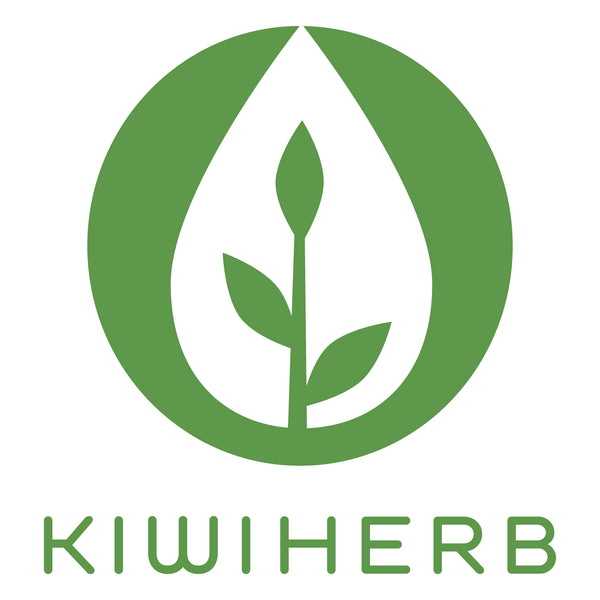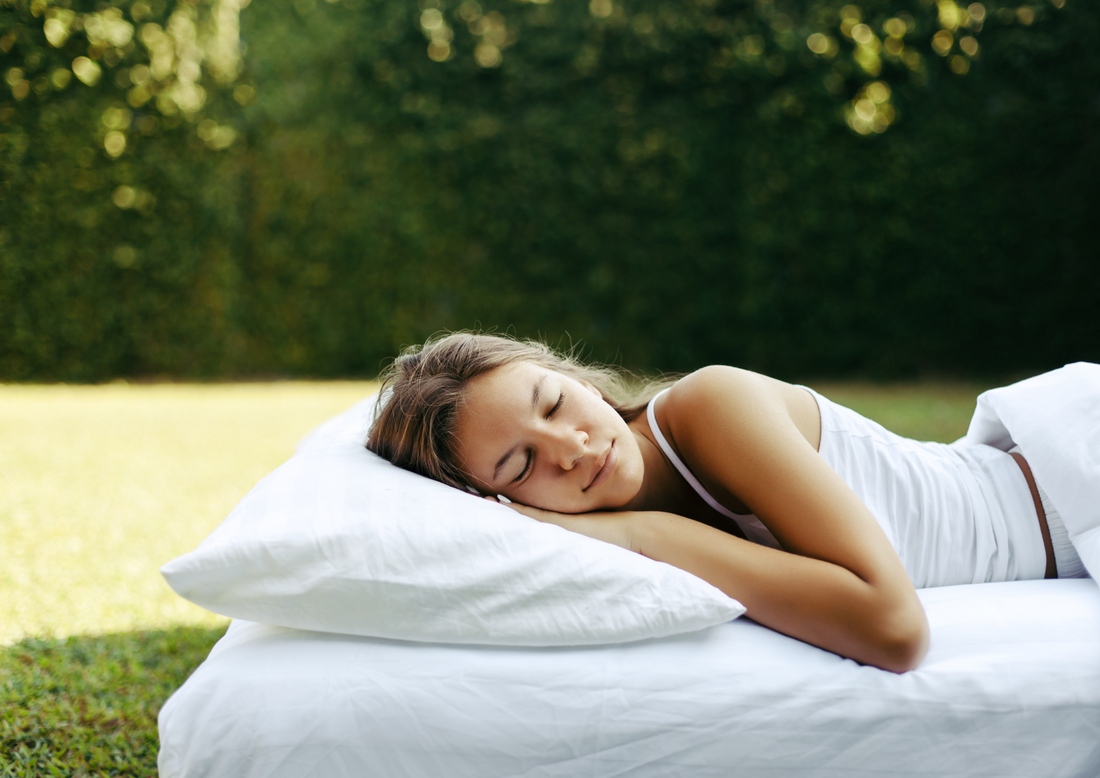About the Author
Struggling to fall – and stay – asleep is a really common reason why people look to herbal alternatives instead of sleeping tablets, to help them nod off and sleep soundly at night. Although there seems to be a huge array of products out there for this, finding evidence that these actually work can be difficult.
A review of clinical trials of herbal products for insomnia, published in the December 2015 journal Sleep Medicine Reviews, evaluated 14 randomised clinical trials involving a total of 1,602 participants with insomnia(1). The authors concluded that very few of these trials showed improved sleep quality and duration following herbal interventions. However, virtually all trials involved the use of herb combinations rather than individual herbs. Plus, the quality of the products involved, and doses used, varied massively.
Meet Valerian root
One of the best-known herbs used traditionally for insomnia, and one that is easy to grow organically in many countries including New Zealand, is Valerian (Valeriana officinalis) root. Although be warned that its taste and odour is quite distinctive!Esteemed German medical practitioner and phytotherapist Rudolf Weiss, who widely prescribed Valerian and other herbs while in Russian captivity with limited drug supplies during World War 2, commented:
“Valerian is beyond doubt a good and genuine sedative. There is however one aspect that has often been neglected: to be properly effective, valerian has to be prescribed in a sufficiently high dosage. It is almost pointless to give ten or twenty drops of valerian tincture … The dose has to be very much larger, at least a whole teaspoonful of the tincture in water or on sugar … the single dose of one teaspoonful may, if necessary, be repeated two or three times at short intervals. The greater effectiveness of some proprietary valerian preparations is due to the fact that this has been taken into account, with the dosage made sufficiently high.(2)
Valerian root in clinical trials
In clinical trials, Valerian and a combination of Valerian with Lemon Balm improved the quality of sleep in postmenopausal women(3,4). Valerian with acupressure also improved the quantity and quality of sleep in patients with acute coronary syndrome(5). Another trial found Valerian to improve sleep in HIV patients taking the antiviral drug efavirenz(6). In another trail a combination of Valerian, Hops and Zizyphus, improved total sleep time and reduced the number of times people woke during the night. (7) There are also many clinical trials and other research supporting the benefits of herbal interventions in cases of anxiety or associated conditions, rather than just insomnia. Many herbs have been successfully traditionally used for anxiety, including:
•Chamomile
•Lavender
•Skullcap
•Passionflower
•Valerian
•Kava
•Lemon balm
•Zizyphus
•Hops
•Withania.
One of the best of these is the Polynesian plant Kava (Piper methysticum), which became popular towards the end of last century for the management of anxiety disorders and related insomnia. While product type and phytochemistry and doses used in clinical trials have been highly variable, a clear benefit has been shown in most cases. Taking enough of these herbs can help promote a better quality sleep. They do this by helping to ease tension, anxiety and stress, and effectively addressing some of the underlying and contributory factors to lack of sleep.
Herbal medicine and insomnia
It’s clear that more clinical studies to better determine effective herbal medicines and optimal doses are desperately needed to help people struggling with their sleep. The ability of herbal medicine to help prevent insomnia, and often avoid the need to take pharmaceutical drugs with a relatively high risk of unpleasant side effects, is well established. While no one herb works for all and our bodies are all wired differently, Valerian and Kava are tried and established favourites.
Take a look at the Kiwiherb range for sleep and stress:
References:
1. Leach MJ, Page AT, Sleep Med Rev 2015;24:1-12.
2. Weiss Rudolf Fritz Lehrbuch der Phytotherapie (Herbal Medicine): Published by Hippokrates Verlag, Stuttgart, Germany, 1960. English edition first published 1988.
3. Taavoni S et al, Menopause. 2011 Sep;18(9):951-5
4. Taavoni S et al, Complement Ther Clin Pract. 2013 Nov;19(4):193-6.
5. Bagheri-Nesami M. J Tradit Complement Med. 2015 Jan 31;5(4):241-7
6. Ahmada M et al, Ann Pharmacother. 2017 Jun;51(6):457-464
7. Palmiera G, Nat Sci Sleep. 2017 May 26;9:163-169



